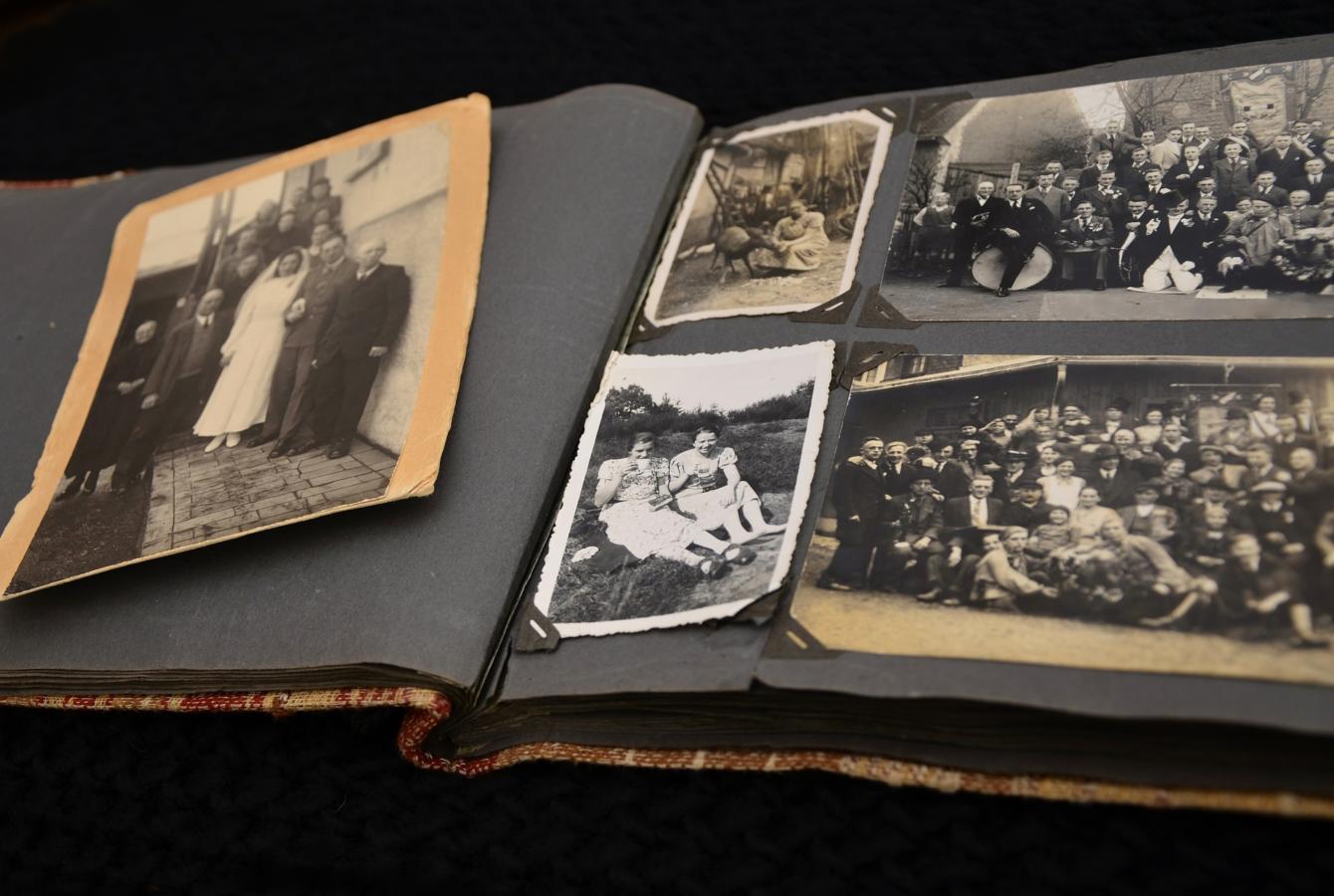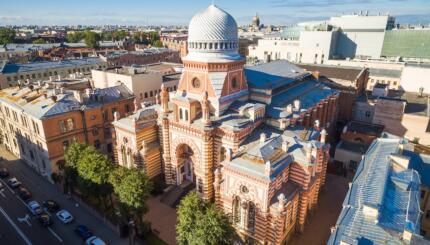Memory is often elusive and selective, and this is especially true in the case of a people’s historical memory. Understanding and interpretations of the past have shaped Jewish identity and collective memory throughout the ages, and Jews represent a unique fusion of history, memory and peoplehood. As a result, the Jewish people have the two-fold reputation of being a history-centered people and of holding the longest and most tenacious of memories.
Social scientist Maurice Halbwachs introduced the notion of collective memory as transmitted and sustained through the conscious efforts and institutions of the group. For the Jewish people, collective memory flows through ritual and recital. Not only does the injunction “zakhor” (remember) appear multiple times in the Hebrew Bible, but the Israelite nation is also instructed there not to forget. Many scholars argue that the English translation of the zakhor as “remember” is too small in scope, arguing, rather, that the word implies a level of action.
One active way of remembering is through the practice of rituals. The Passover seder, the ritual meal with a liturgy that celebrates Jewish freedom from slavery in Egypt, is perhaps one of the best examples of the actualization of memory. The entire can in some sense be seen as a symbolic reenactment of a historical moment. Moreover, one of the central dictums of the Seder, “in each and every generation let each person regard him- or herself as though they had emerged from Egypt,” enforces the fusion of past and present.
The holiday of Hanukkah, which celebrates the victory of the Maccabees over the Greeks and the miracle of a one-day oil supply that lasted for eight days, provides another example from the Jewish calendar of the ritual actualization of memory. The “memory” of the miracle of the oil is privileged by rabbinic tradition over the Maccabees’ battles for religious and political autonomy, and is reflected in the central ritual of the holiday, the lighting of the or hanukkiyah.

Help us keep Jewish knowledge accessible to millions of people around the world.
Your donation to My Jewish Learning fuels endless journeys of Jewish discovery. With your help, My Jewish Learning can continue to provide nonstop opportunities for learning, connection and growth.
One of the Jewish contributions to society at large is an insistence on the importance of remembering history and finding meaning in it. Ancient Israel deemed history important by making a record of it in their sacred scriptures. The rabbis of the ancient period, having a history of the biblical period as captured in the Hebrew Bible, sought to explore the meaning of this history and interpret it in terms that they and future generations could use in the ongoing development of Jewish life.
Jewish liturgy and law as developed by the rabbis maintained Jewish collective identity for over a millennium. The unraveling of religious doctrine and practice that began in the eighteenth century with the Enlightenment challenged the basis of a unified Jewish identity and memory. From this era of questioning, new Jewish group experiences and memories emerged.
Some of these reshaped memories are still reflected in religious practice in forms as varied as Orthodox and Reform. Others are given expression through more secular themes, such as Zionism or the notion of Jewish culture. Still others emerge from dealing with the tragedy of the Holocaust.
For example, an examination of American Holocaust memorials is representative of how the American Jewish community remembers and thinks about the Holocaust. Do these memorials emphasize genocide? the survivors? the victims? rescue? non-Jews as well as Jews? These memorials stand as concrete examples of one aspect of Jewish collective memory. We can learn a lot about a community and its members by deciphering both what did happen to them and how they choose to interpret and communicate what happened, to themselves and to others.



